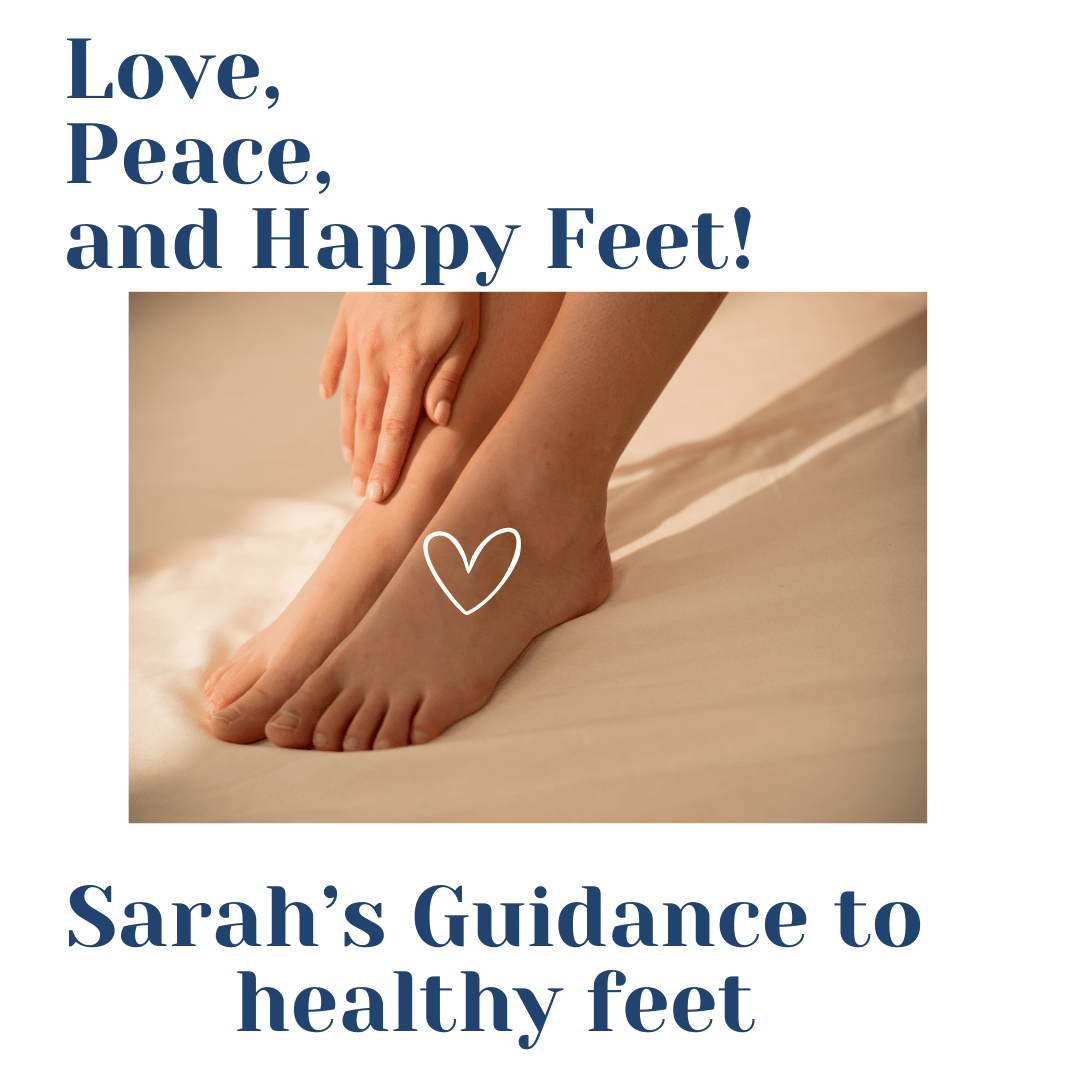|
It is important to check your feet on a daily basis for any problems that may occur. Perform your own ‘foot scan’ when putting on your socks in the morning or taking them off before bedtime. Use your hands to softly run over both feet, looking for key areas of concern such as dry skin, cracked heels, hard calluses, athletes’ foot, corns, or verruca’s. Also take your time to look over your toenails, checking for signs of discolouration or a change in texture, as this can be an early sign of a fungal nail condition. Take notice of any tingling sensations, or pins and needles, burning, numbness, dull ache, swollen feet and ankles or any wounds or sores that may be taking time to heal. Making sure that your toenails are kept at a short and comfortable length, careful trimming and filing are necessary, as sharp edges can pierce the skin. Longer toenails can cause pain and discomfort, leading to toenail trauma and the risk of developing infections. Nails can become brittle, or even very thick to cut, which makes them hard to deal with. A painful foot problem is best avoided.
If you have diabetes, regular guidance from out foot health practitioner is necessary. Diabetes can damage the blood vessels in the feet and lead to lack of sensation, so you may not be aware of any problems until they become more serious. Minor conditions can quickly turn into major ones, as wounds and sores can take longer to heal or not at all, leading to infection and possible loss of a limb.
If you notice any sign or symptoms, make an appointment with our foot health practitioner Sarah. Her clinic hours are Monday 8am – 1pm, Tuesday 2pm – 7pm, also offering alternate Saturday appointments from 8am- 1pm. Sarah can provide you with foot care treatments, advice, assessments, tailor-made treatment plans, also providing neurovascular assessments, padding, and offloading techniques for making your feet more comfortable. To keep you active and pain free.
|

